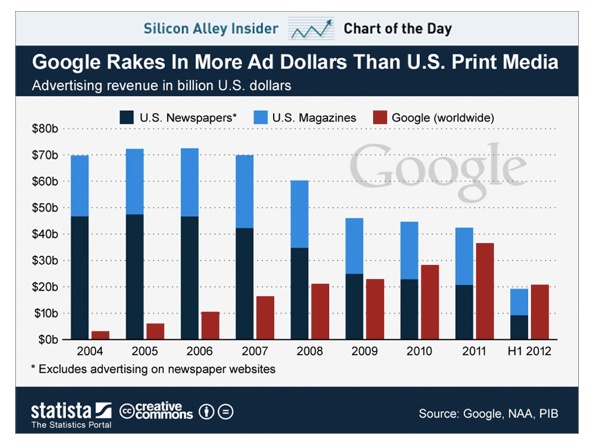First of all, he says we need to recognise that just continuing with current policies won’t work.
The Copenhagen Consensus is a think tank that ranks the economically smartest approaches to a variety of issues. In 2009, we asked 27 of the worlds top climate economists to identify the costs and benefits of the top climate solutions. A group of eminent economists, including three Nobel laureates, ranked the smartest ways to fix the climate. Their answer was: Dont continue to expand current policies. Trying to make fossil fuels so costly that no one wants them is bad economics, in addition to being bad politics.They suggested instead three changes to the way the United States approaches climate change. First, we should aim to make green energy so cheap everyone will want it. This will require heavy investment in research and development of better, smarter green technologies. Such an investment has much lower costs than current climate policies like the EU 2020-policy, but a much greater chance of allowing the entire world to make the switch to green energy in the long run.
A good example is the innovation of fracked gas, which has made the price of natural gas drop dramatically — allowing a switch in electricity production away from coal. This in turn has singlehandedly caused the United States to reduce its annual CO2 emissions by about 500Mt, or about twice as much as the entire global reductions from the last 20 years of international climate negotiations. Moreover, it has not cost the United States anything — in fact, U.S. consumers are saving about $100 billion per year in cheaper prices. That’s a policy that is easy to sell around the world.
Second, we should investigate (but not deploy) geoengineering as a possible insurance policy to runaway climate change. Cooling the planet with slightly whiter clouds over the Pacific could completely counteract global warming at the cost of $6 billion, according to research by Eric Bickel and Lee Lane for the Copenhagen Consensus — between 1,000 and 10,000 times cheaper than anything else we are considering today.
Third, we should recognize that there are huge lags between our actions and their effects on the climate — no matter what we do, it will only affect the second half of this century. Thus, if we want to tackle climate impacts such as Hurricane Sandy, we need to step up adaptation and make our societies more resilient. This is mostly an inexpensive no-brainer.
Yep. Wonder if the good citizens of New York are thinking along those lines too. And what about the good citizens of London Town, much of which is as vulnerable as Manhattan
, I will have to postpone it to read Rasselas. Sigh. That’s the trouble with blogs: they give you ideas.




